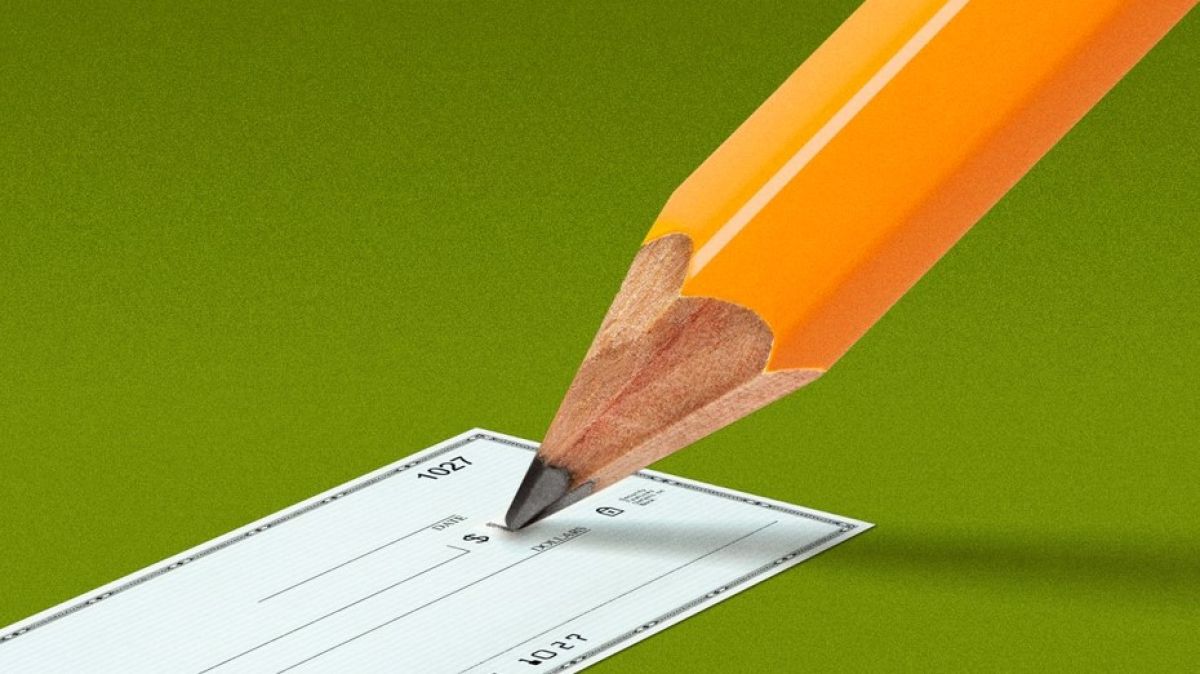Business Practices, Construction, eNews
Joint check agreements: Improve cash flow for construction projects

In the construction industry, getting paid can often be a waiting game. Any disruption in the payment flow—from the general contractor to the material supplier—may lead to significant delays in both payment and the overall project timeline.
Why it matters: Material suppliers can improve their chances of receiving payment from financially troubled customers by entering into a joint check agreement (JCA)—a formal payment arrangement where the general contractor (GC) agrees to issue a check jointly to the first-tier subcontractor and that subcontractor’s material supplier. Below, we’ll examine the advantages and challenges material suppliers face using a joint check agreement and best practices of working with one.
Advantages of JCAs
In many cases, general contractors require a lien waiver from material suppliers to ensure that suppliers won’t place a lien on the property for unpaid materials. Issuing a joint check ensures the supplier gets paid and, in exchange, provides the necessary lien waiver to protect all parties involved. Joint check agreements, primarily used to ensure payment from high-risk customers, have evolved into a risk mitigation tool for material suppliers.
“While we don’t require a JCA on every commercial residential project that we supply materials to, we use them upon the request of a general contractor,” said Isaac Kotila, regional credit manager at Insulation Distributors Inc. (Chanhassen, MN). “If there’s a risk or some concerning credit history with our customer, we would request the general contractor sign a joint check agreement to ensure that payment comes directly to us so we avoid any pitfalls with our customer.”
Challenges with JCAs
One of the key challenges a material supplier faces when working with JCAs is when the general contractor fails to fulfill its obligations under the agreement. “There’s often a communication gap on their end, where their accounts payable (AP) team issues a check directly to the general contractor, but it gets overlooked,” said Robert Eblen, director of finance, credit and collections at Border States (Kansas City, MO).
Material suppliers may face resistance from general contractors on a JCA, who might fear that agreeing to a joint check will make them appear unreliable to their customers. Some GCs use joint checks whether there is a joint check agreement on file or not. “Getting the agreement signed by all parties is difficult,” said Deanne Taylor, accounts receivable at Dealers Supply Company (Portland, OR). “Since we only get paid when the GC decides to pay us, our payment terms can quickly become irrelevant.”
Another challenge with JCAs is the risk of joint check fraud, where unauthorized workers forge signatures on a joint check agreement or on the joint check to deposit it into their account. To avoid this, ensure the correct party has signed the agreement or check. If you are ever in this situation, contact a construction attorney to file a suit.
JCAs, like any agreements, are prone to human error. “A customer could deposit joint checks by mistake instead of endorsing and forwarding it to the material supplier,” said Deana Reynolds, director of credit at Edges Electrical Group (Sacramento, CA). “It could be for an amount that doesn’t pay the full amount due on the account. So, it’s critical to make sure any joint checks received are posted and applied to the correct job.”
Best Practices for Material Suppliers
#1 Read to understand: Before signing a JCA, read it thoroughly to understand what it’s asking of you. “As a supplier, you need to make sure that it’s ensuring the flow of payment down to you and try to avoid agreeing to any terminology that would change or dictate new terms or requirements for that job,” said Kotila.
#2 Beware of the Joint Check Rule: Depending on the JCA, it can remove more rights than it can give by including a waiver of mechanic’s lien and bond rights. The “joint check rule” in construction law protects owners and general contractors by potentially eliminating potential lien claims. The JCA rule presumes that the supplier or subcontractor endorsing the check has been paid in full for all monies owed on the date of the check unless a contrary agreement exists, ensuring payment to suppliers and laborers.
Although the JCA enables suppliers to receive payment directly from the owner or general contractor rather than relying solely on the subcontractor, it should contain language regarding the allocation of the funds. “In some states, you may only be getting paid for one payment application, while subsequent invoices remain unpaid,” Eblen said. “You may try to file a lien, only to find it invalid because, by endorsing and depositing the check, you may be confirming that you’ve been paid for the amount stated, and any further unpaid invoices may not be covered under this check.”
#3 Compare the JCA to received documents: Compare the JCA with other documents you’ve received to identify any differences between what you should agree to and what’s being requested of you. “In the past, we’ve received a joint check with no indication of what job it was for,” Reynolds said. “Or a customer supplied us with a remittance, and it turned out that they instructed us to use this payment on the wrong job. To avoid this issue, we’ve started comparing the joint check amounts to recently signed conditional lien waivers.”
#4 Seek legal counsel: Since JCAs are not governed by state or federal law, there are no strict regulations or guidelines to follow. But a joint check agreement must be structured in a way that reduces potential preference risk. If the agreement is made during the 90-day preference period, it could potentially increase the preference risk for the goods or service provider receiving the joint check. “If you’re able, ask your legal team to help you write your own joint check agreement,” said Kotila.
#5 Wait, then act: Don’t deliver goods or provide services until a properly drafted JCA is in place. Ideally, try to provide goods or services as close in time as possible to the completion of the agreement and issuance of the joint check to strengthen the defense of trading value at the same time.
#6 Put it in writing: Remember that a JCA only benefits you if an actual check is issued. Without a check, the agreement offers no protection. Always ensure the agreement is in writing.
#7 Do your research: “For new credit managers, I recommend investigating the use of JCAs,” says Reynolds. “They’ve allowed us to continue selling to customers that may have had payment issues in the past, benefitting both us and our customers.”
The bottom line: While material suppliers don’t require joint checks as often, it’s important to note that they aren’t a guaranteed payment—just the manner in which the payment will be made. When used properly, they can improve cash flow for material suppliers involved in construction projects.





